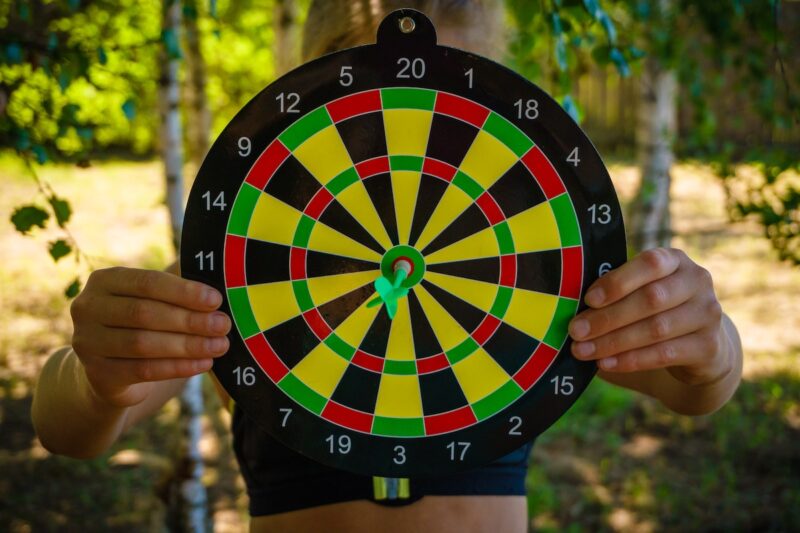If your organization is like most, it publishes a lot of content. When I oversaw…

Measuring content success is one of the most challenging parts of content strategy. Content measurement is about learning whether or how well content achieved its goal, and taking this information into account for future content. We might measure a single piece of content, all content of a certain type or about a certain topic, or all of our content in general.
Measurement answers the question of “why” for your content.
I usually call this content effectiveness. Effective content has achieved its goal – which assumes that content actually had an explicit audience and a clear, measurable goal. (Trust me, I know that this is a big and incorrect assumption far too often.)
In my opinion, the concept of effectiveness has long been missing as an explicit component of content strategy, and I’ve been on a quest to fix that. I’ve recently added it to the most popular definition of content strategy:
Content strategy is the practice of planning for the creation, delivery, and governance of useful, usable, effective content.
Content measurement requires defining the answers to three foundational questions. Importantly, you need to answer these questions for each type of content your organization produces, because the answers will vary.
- What does content success look like?
- How will we determine whether content is successful? (Actually doing the measurement)
- Is true success even measurable?
Here is a presentation that dives into the topic more deeply:
Content Measurement – Hilary Marsh (PDF, 1.5 MB)

This Post Has 0 Comments